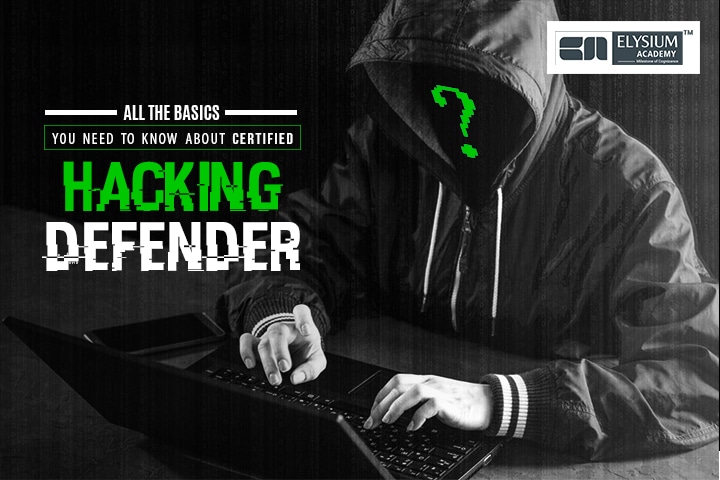Blog Post
Basics You Need to Know for Defending hacker



Elysium Academy provides students with highly effective coaching classes, delivered through immersive classroom sessions and the best teaching methodologies designed to yield valuable results. We take great pride in our identity and are honored to be a part of your business journey.
Elysium Academy provides students with highly effective coaching classes, delivered through immersive classroom sessions and the best teaching methodologies designed to yield valuable results. We take great pride in our identity and are honored to be a part of your business journey.
